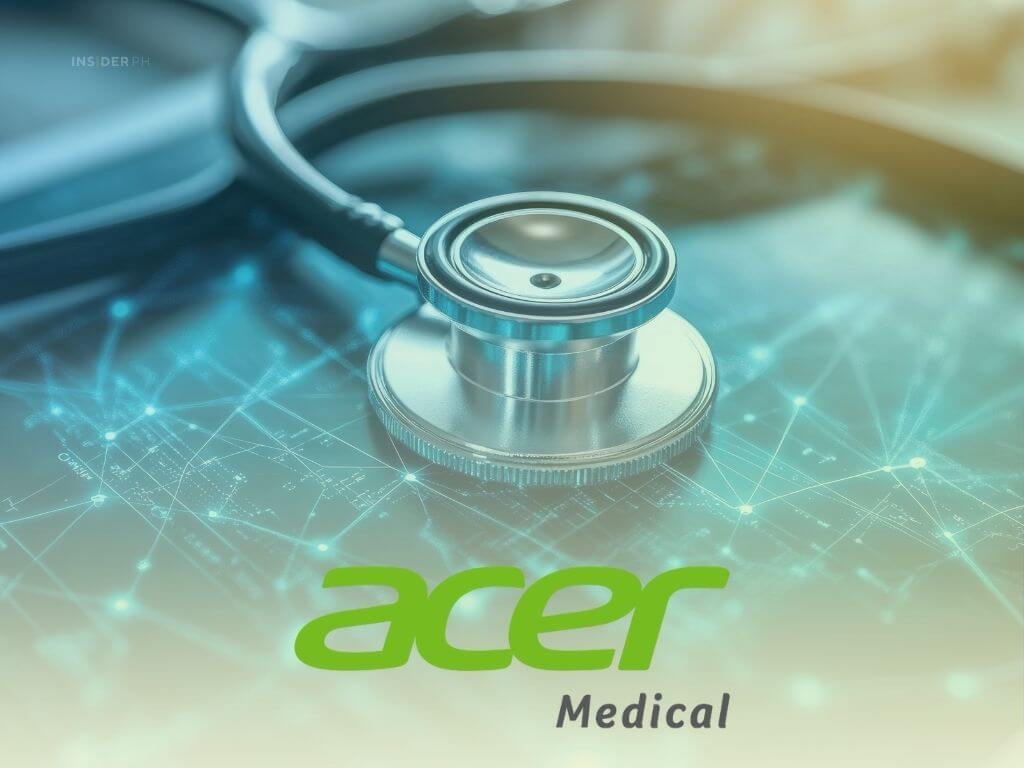

Insider Spotlight
This was announced at Acer’s global press conference ahead of IFA 2025, the world’s largest trade show for consumer electronics and home appliances, in Berlin.
Why it matters:
Clinical documentation overload has become one of the most pressing pain points in healthcare. Studies show providers spend up to 25 percent of their working hours on medical record keeping—cutting into time with patients and fueling burnout.
How it works:
aiMed uses real-time AI to transform voice dictation or typed notes into structured electronic medical records (EMRs). Designed specifically for health care, the platform integrates:
Automatic Speech Recognition (ASR): tuned for medical terminology and context
Error reduction: ensuring accuracy and compliance with EMR standards
Interoperability: seamless connectivity with hospital information systems
The big picture:
By automating note-taking, aiMed aims to restore balance in clinical workflows. Benefits include:
Lighter administrative loads on doctors and nurses
Fewer documentation errors that can compromise safety
More physician-patient interaction time—a key driver of care quality
Between the lines:
Acer Medical isn’t new to health-care AI. Its VeriSee platform, already in use across more than 500 clinics in 14 countries, supports rapid screening for diabetic retinopathy, glaucoma suspect, and age-related macular degeneration. aiMed expands that portfolio by tackling systemic inefficiencies across hospital systems.
The bottom line:
Acer Medical is betting that AI will not only enhance diagnostics but also give healthcare workers back precious hours each day — a shift that could reduce burnout and improve outcomes worldwide. —Ed: Vanessa Hidalgo